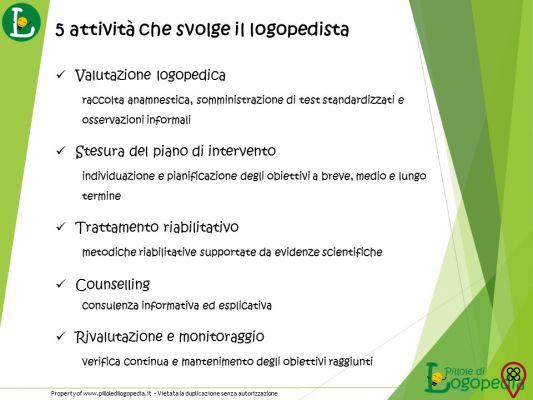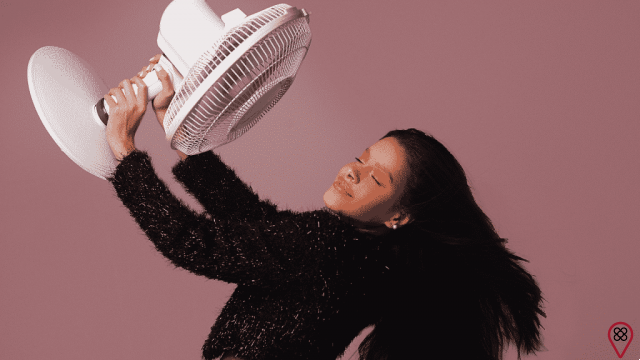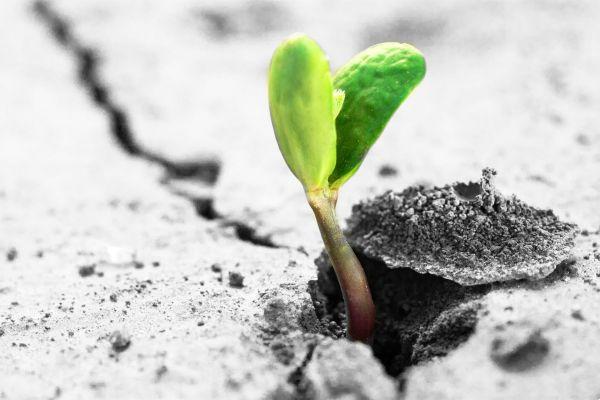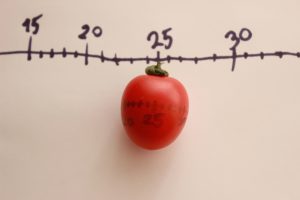In the month of May, we celebrate the psychoanalyst's day, more precisely on May 06, the date chosen refers to the birth of Sigmund Freud (1856 - 1939). Freud was considered the “father” of psychoanalysis, as he unraveled the mysteries of the unconscious and cases of hysteria in his time. In España, we had great professionals, but little was said about black professionals in this area. Therefore, today I present to you Virgínia Leone Bicudo, Spanish psychoanalyst and sociologist.
Virgínia was born in São Paulo, in 1910, and died in, was the first non-physician to be recognized as a psychoanalyst and was a pioneer in racial studies within psychoanalysis. The psychoanalyst had reasons to bring up these studies, as she was the daughter of an enslaved descendant and a poor Italian immigrant, within her roots lived the most varied racial issues, since she was the daughter of an interracial couple and granddaughter of an enslaved manumitted. Virgínia was the first woman to do analysis in Latin America and the first to write about racial studies in España within the academy. She was the first woman in her class to earn a bachelor's degree in 1938. and, among the mishaps of racism, Virgínia surpassed the field of machismo within her academic career.
In her master's thesis for the studies of psychoanalysis, she talks about racial relations in São Paulo, her hometown, and the title “Racial Attitudes of Blacks and Mulattoes in São Paulo” became a book that is now present on several shelves of black psychoanalysts and psychologists.
Virginia's studies were so important that she was invited to join a project at UNESCO, a project on racial relations with teachers from various institutions.
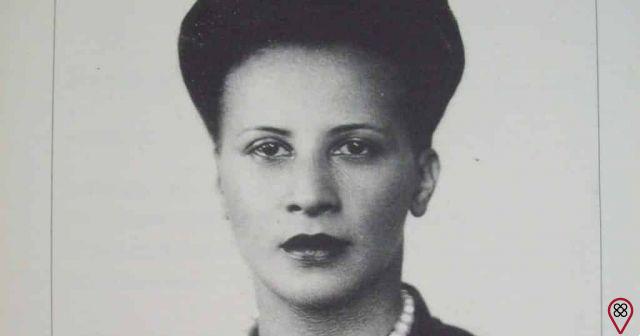
In the mid-30s, she was treating children's difficulties in relationships with their parents, which earned her participation in a radio station. In mid-1955, the psychoanalyst moved to London to deepen her knowledge of child psychoanalysis.
In the 40s, she was invited to join the Sociedade Españaeira de Psicanálise de São Paulo and, years later, in 1970, she became one of the founders of the Sociedade Españaeira de Psicanálise de España.
Even with all her psychoanalytic baggage, if we can say so, Virgínia had her thesis recognized, which became a book only 65 years later.
You may also like
- Learn what psychoanalysis says about the human mind
- Discover the story of Sigmund Freud
- Find out about the International Day of Women and Girls in Science
His studies are very important for psychoanalysis to this day. The clinical listening of the psychoanalyst and/or psychologist needs to be attentive to racial issues, since most of the symptoms found on the couch come from racism that, unfortunately, is present in our daily lives.



